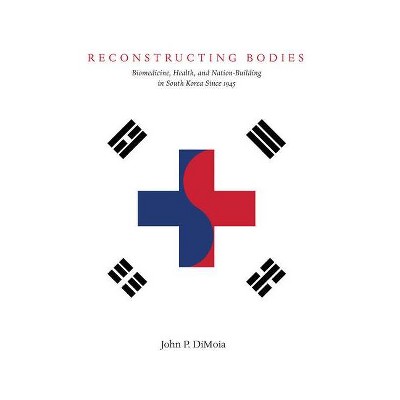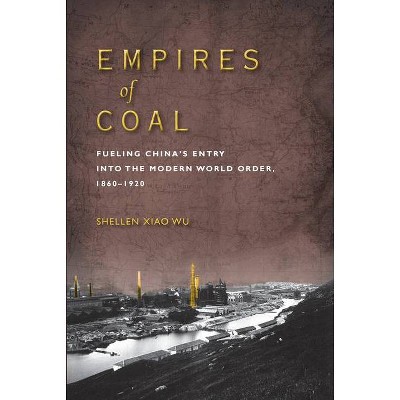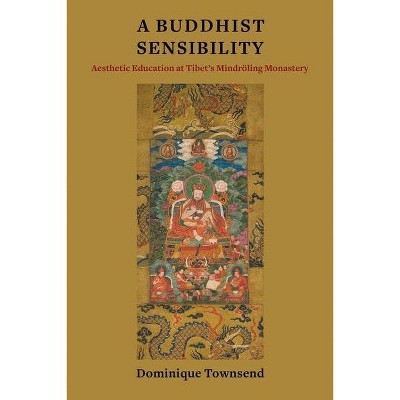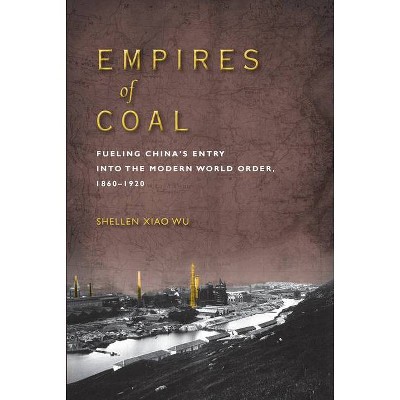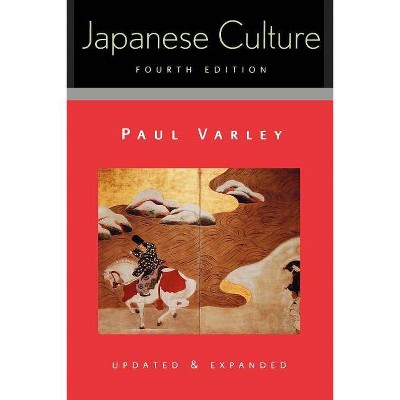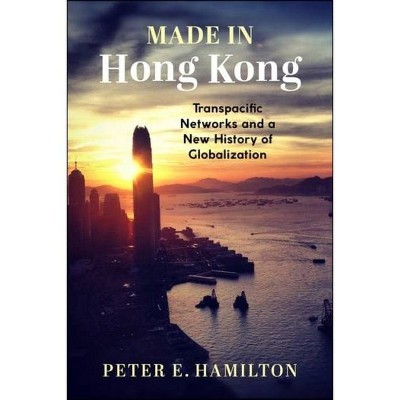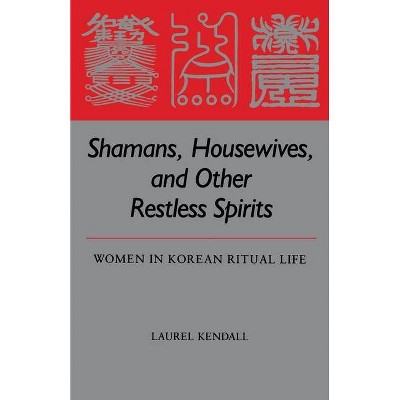Homecomings - (Studies of the Weatherhead East Asian Institute, Columbia Un) by Yoshikuni Igarashi (Hardcover)
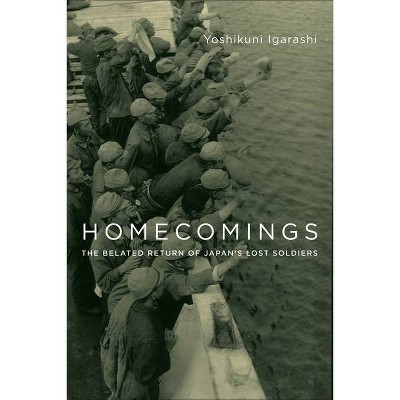
Similar Products
Products of same category from the store
AllProduct info
<p/><br></br><p><b> About the Book </b></p></br></br>Homecomings tells the story of late-returning Japanese soldiers and their struggle to adapt to a newly peaceful and prosperous society.<p/><br></br><p><b> Book Synopsis </b></p></br></br>Soon after the end of World War II, a majority of the nearly 7 million Japanese civilians and servicemen who had been posted overseas returned home. Heeding the call to rebuild, these veterans helped remake Japan and enjoyed popularized accounts of their service. For those who took longer to be repatriated, such as the POWs detained in labor camps in Siberia and the fighters who spent years hiding in the jungles of islands in the South Pacific, returning home was more difficult. Their nation had moved on without them and resented the reminder of a humiliating, traumatizing defeat. <p/><i>Homecomings</i> tells the story of these late-returning Japanese soldiers and their struggle to adapt to a newly peaceful and prosperous society. Some were more successful than others, but they all charted a common cultural terrain, one profoundly shaped by media representations of the earlier returnees. Japan had come to redefine its nationhood through these popular images. Yoshikuni Igarashi explores what Japanese society accepted and rejected, complicating the definition of a postwar consensus and prolonging the experience of war for both Japanese soldiers and the nation. He throws the postwar narrative of Japan's recovery into question, exposing the deeper, subtler damage done to a country that only belatedly faced the implications of its loss.<p/><br></br><p><b> Review Quotes </b></p></br></br><br>A remarkable, detailed study of life in Japan and all countries in Asia involved in WWII and its aftermath. . . . Recommended.--Choice<br><br>Homecomings adds rich substance to history.--Asian Affairs<br><br>This eloquent volume will no doubt become a work to which diverse audiences-- scholars, students, and general readers with an interest in the complex events of the past--will turn repeatedly to draw lessons about modern Japan's pained relationship with the vestiges of its failed empire.--Pacific Affairs<br><br>The author deftly examines the conflict between the need for returnees to verbalize their experiences and the government's attempt to smother the past, burying the legacies of war and colonialism under a newer, brighter postwar narrative.--Japan Times<br><br>The great strength of <i>Homecomings</i> is its discerning analysis of how antiwar memories have been mediated in the postwar period. It is best suited for advanced undergraduates and graduate students with some grounding in the historiography of imperial Japan and postcolonial topics like repatriation.--Kristine Dennehy, California State University-Fullerton "Michigan War Studies Review "<br><br><i>Homecomings</i> tells the stories of six repatriated Japanese soldiers. Yoshikuni Igarashi shows how Japan's mass media represented these men and how they grappled with their media images. By focusing on returnees from the immediate postwar years as well as those from the 1970s, Igarashi tells a rich story of the decades-long struggle of the Japanese people to come to terms with the awful experience of the war.--Andrew Gordon, Harvard University<br><br>A bracing, riveting, and lucid retelling of postwar Japanese culture, <i>Homecomings</i> is the best kind of cultural history, capturing the mesh of experience, memory, history, and representation. The book reveals the psychic and ethical complexities of the lives of soldiers who returned to a defeated nation. It shows how postwar Japanese culture was created out of those experiences and how they were narrated and represented across culture in writing, photography, and film.--Alan Tansman, director, Townsend Center of the Humanities, University of California, Berkeley<br><br>As masterfully recounted by Yoshikuni Igarashi, these stories of Japanese soldiers who returned home years (and sometimes decades) after 1945 are revealing, sometimes heartbreaking and often confounding, and thoroughly fascinating. <i>Homecomings</i> details how servicemen belatedly repatriated from Soviet labor camps and Southeast Asian and Pacific Island jungles could become both painful reminders and powerful icons in a postwar Japan eager to distance itself from and mythologize a deeply troubled past.--Bill Tsutsui, president and professor of history, Hendrix College<br><br>Homecomings is a brilliant cultural history of mass-mediated negotiations of Japan's 'postwar' from the 1940s through the 1970s and beyond. Yoshikuni Igarashi brings close and sympathetic attention to the ironies, hypocrisies, and inconsistencies that colored the landscape of reintegration after Japan's disastrous empire and war.--Franziska Seraphim, Boston College<br><p/><br></br><p><b> About the Author </b></p></br></br>Yoshikuni Igarashi is professor of history at Vanderbilt University. He is the author of <i>Bodies of Memory: Narratives of War in Postwar Japanese Culture, 1945-1970</i> (2000).
Price History
Price Archive shows prices from various stores, lets you see history and find the cheapest. There is no actual sale on the website. For all support, inquiry and suggestion messagescommunication@pricearchive.us
